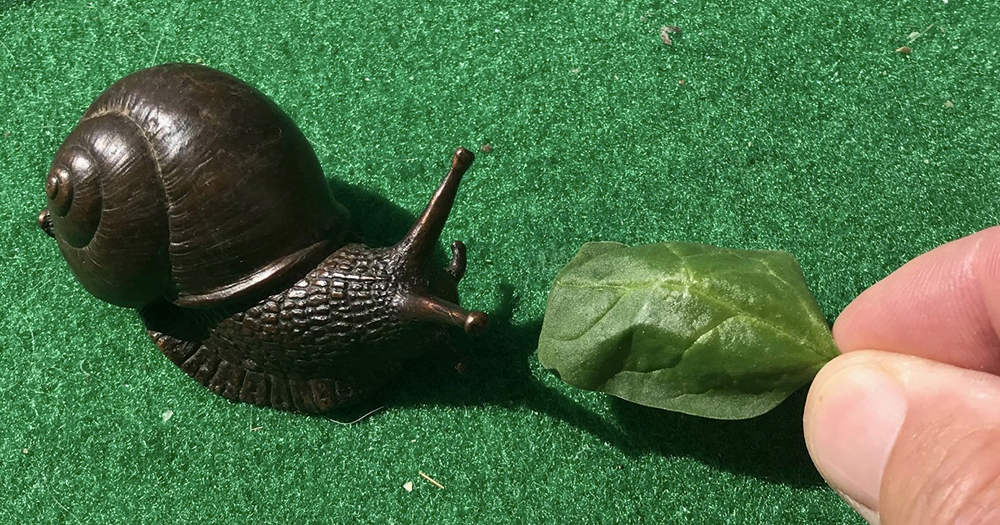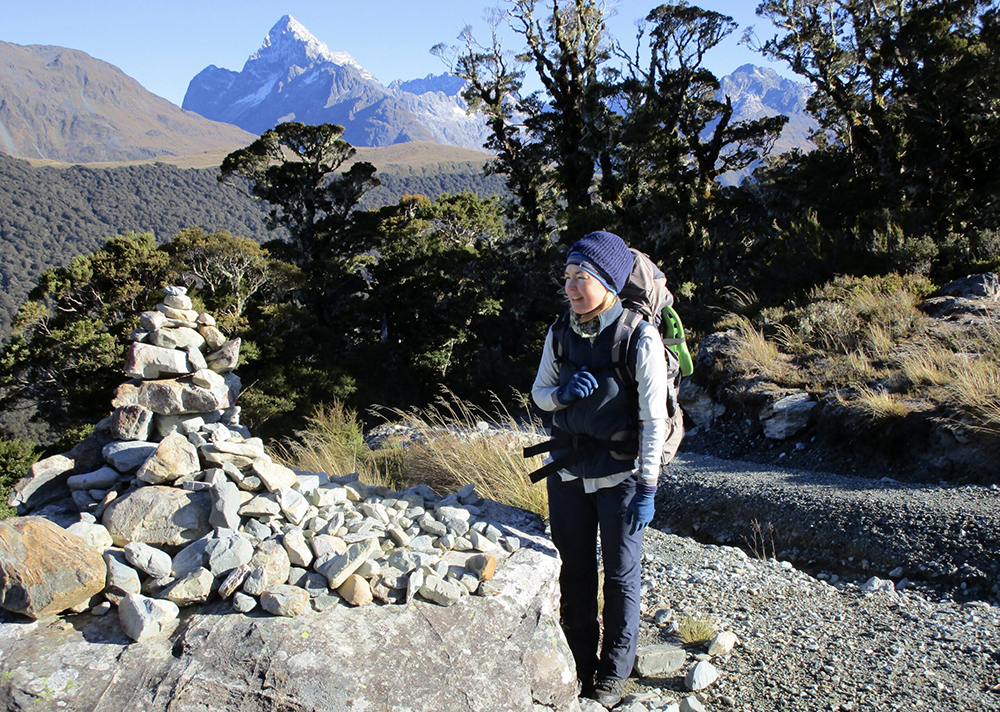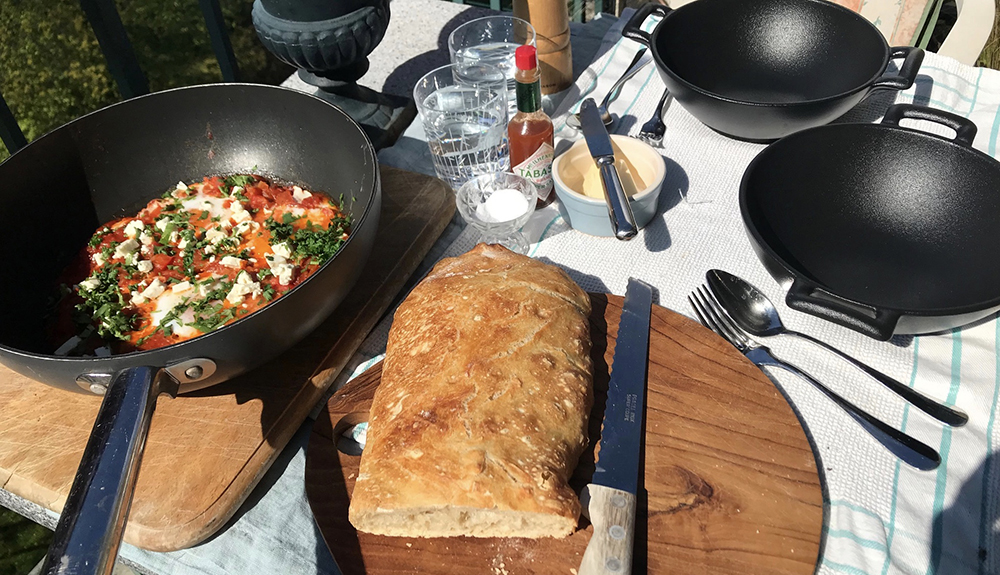Geneva, Monday 6 April 2020

She had invited her boss to dinner. He, his CEO. The invitation list included high-flying partners and a scattering of supposedly brilliant personalities. It had to go well. They had decided on Beef Wellington as a nod to their British mettle. And for entrée? Something that made manifest their eclectic and cultured tastes despite the Brexit they had voted for. Snails? Oui! Escargots!
With elegant ease he tied his bow-tie. She put the finishing touches to her eye make-up. “Darling, are the snails still in the fridge?” she enquired. “The snails? I don’t know. You were going to order them!” Piercing exchange of eye-daggers as the awful truth sets in. Pas d’escargots! A snail-free soirée loomed. Merde!
“Listen,” she said, flustered, “Just go down to the riverside and grab snails, any old snails. They won’t know the difference. They’re English after all.” Feeling that it wasn’t really his fault, he put aside this minor injustice and complied. He pulled on his wellies, grabbed a bucket from the kitchen cupboard and headed off into the fading light.
His bucket was half full when a young lady came past on a bicycle. Intrigued by a man sporting at once dinner suit and wellies, she stopped to ask him what he was doing. Noticing that she was really a most attractive woman, he fired up his most winning smile and gabbled something about gastropods. She giggled. His heart melted. “Well,” she said “I live in that cottage down there. If, when you have filled your bucket, (another giggle) why don’t you come in and have a glass of wine?”
It is no coincidence that the last rather common little snail dropped into the bucket just as he found himself before the goddess’s cozy little home. He knocked on the door. She opened it having changed into something very, very comfortable indeed. He gaped like a netted cod. She offered him a glass of cool crisp Sancerre that he downed in one mesmerized gulp. “Another glass? Well, why not? Hmm… delicious! But I must head off soon. Ah… well…. I’m sure I can help you finish the bottle. Really, I must get going. Ooh, you’ve got another bottle. Smashing! I must buy a case of this. Champagne? Pomerol! Abso-bloody-lutely! Bring it on, Babes!” It can be of little surprise that, after chanting “Amo, Amas, Amat it again!” midnight found our sozzled hero making sozzled love to his sozzled hostess.
The sun rose over the cottage and its first few rays shone through a gap in the curtains. He woke. He surveyed the passion-crumpled bed with Her Loveliness not yet awake. Despite a sand-paper tongue, he felt total serenity and joy for a second or two and then blind, gut-wrenching panic took over when reality hit a home run. He kissed the dozing beauty, pulled on his clothes, rapidly retied his tie, leapt into his wellies and sprinted out grabbing the bucket on passing. At least the slippery little suckers were still alive and well!
He raced up the path to his front door. He tripped. The bucket fell to earth scattering its contents over and around the door step. He was face down, arms spread and groaning when his wife – never far from eruption at the best of times – opened the door trembling with rage. “Good morning!” said Vesuvia with a rock-splitting edge to her voice. “I trust you have a very, very, very good excuse for this.” He looked up at her. He looked down. He looked up at her again. He looked around at the snails who, in their newfound freedom, had started to slither hither and thither and in his most whiny voice he pleaded “Come on, babies! We’re nearly there! Daddy wants us all home soon!”
Blogger’s note: Looking for a connection between this story and the COVID-19 lockdown might prove a disappointing exercise.



